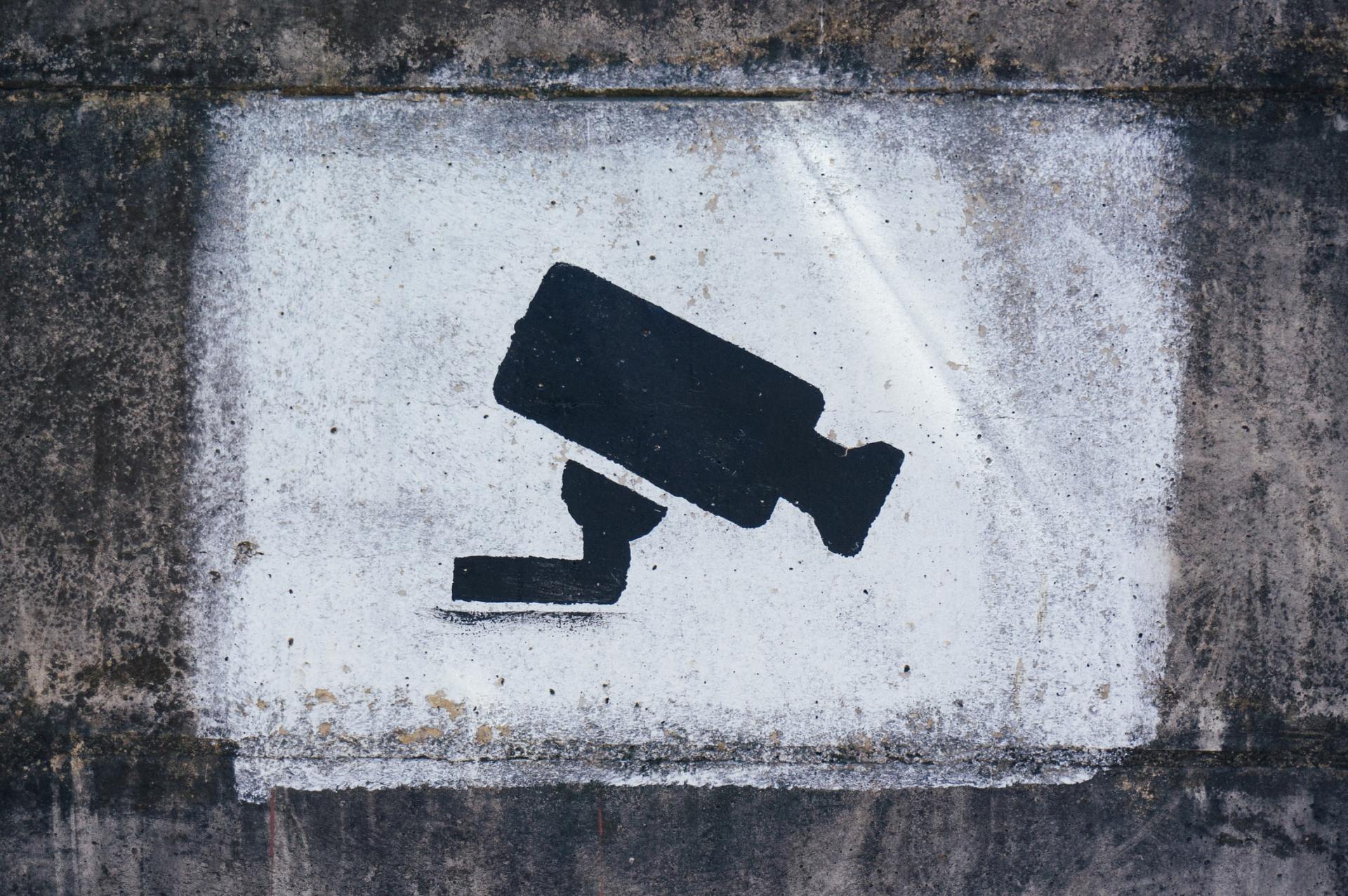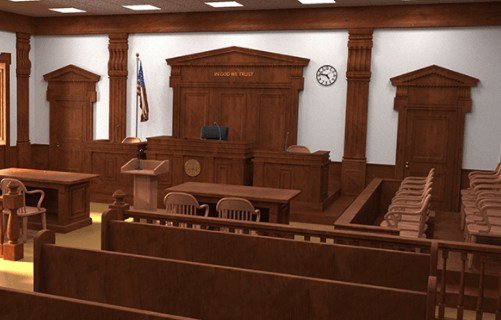If you were stopped by a police officer and arrested for a DWI in North Carolina, we recommend calling a DWI lawyer from Goolsby Law Firm, PLLC right away. DUI charges should always be taken seriously, but there is no need to panic. By contacting a criminal defense attorney as soon as possible, you have someone who is on your side and there to protect your rights.
For more than 25 years, Thom Goolsby has fought hard for those charged with DWIs. He will carefully examine the evidence in your case and develop a strategy to obtain the best possible outcome, whether that is having the charges dropped, winning an acquittal at trial or negotiating a plea bargain.
Do not hesitate to call
910-262-7401 or submit your information
online to schedule a free consultation.
DWI In-Depth with Thom Goolsby
NORTH CAROLINA DWI/DUI LAWS
Under North Carolina General Statutes (NCGS) §20-138.1, you can be charged with a DWI if you drive any vehicle on any street, highway, or public area:
- While under the influence of an impairing substance;
- After consuming enough alcohol to bring your blood alcohol concentration to 0.08% or more; or
- With any amount of a Schedule I controlled substance in your blood or urine.
Most likely, you thought you had to have a BAC (Blood Alcohol Content) at or above 0.08% to be convicted of a DUI. But the law makes it clear that this is only one way in which you may be charged — and it applies only if you are at least 21 years old and driving a personal vehicle.
If you are under 21 years old, then you cannot have any alcohol in your system while you drive based on NCGS §20-138.3. If you have your Commercial Driver’s License and are driving a commercial vehicle at the time, then under NCGS §20-138.2, the BAC limit is 0.04%.
Additionally, you do not need any alcohol in your system to be charged with a DWI. A Schedule I substance, which include heroin, Ecstasy, opiates, cocaine, and GHB, and any other impairing substances, including marijuana, can lead to a conviction.
Whether it is your first DWI or a subsequent offense, DWI charges should always be taken seriously. Attorney Thom Goolsby can aggressively defend you.
NORTH CAROLINA’S IMPLIED CONSENT LAW
The way in which the police determine if you have drugs or alcohol in your system and whether you should be charged with a DUI is through one or more chemical tests. You may think you can simply refuse these tests and then the police will have less evidence against you. It is true that you can refuse a breath, urine, or warrantless blood test. However, there are civil and criminal consequences for doing so.
Based on NCGS §20-16.2, you have given your implied consent to chemical tests by driving in the state. If you are arrested for a DWI, the police officer will inform you of North Carolina’s implied consent law and ask you to submit to a breath test. The officer will also inform you that if you refuse to take the chemical test, you will have your driver’s license suspended for at least one year.
In some cases, the officer may provide you with notice of the implied consent law at the traffic stop and then ask you to blow into a roadside breath test, better known as a breathalyzer. It is your choice whether you comply or not.
If you are not arrested and not given the implied consent law notice before you are asked to take a roadside breath test, you can refuse without any fear of civil or criminal consequences.
During or immediately after a DUI arrest, we recommend you ask to call a DWI lawyer and do so as quickly as possible. Your lawyer can walk you through whether it benefits you to submit to the test or refuse. Refusal does not guarantee that you will avoid charges or a conviction since the refusal itself can be used as evidence against you in court.
STANDARDIZED FIELD SOBRIETY TESTS IN WILMINGTON, NC
While North Carolina law requires you to submit to one or more chemical tests if you are arrested for a DWI, there is no law requiring you to take one or more standardized field sobriety tests (SFSTs).
SFSTs are used by the police to gather clues that you have impaired judgment or motor skills due to alcohol or drugs. The officer will ask you to perform physical and/or cognitive tests and will carefully observe you throughout the process. The officer is looking for specific clues depending on the test, such as your inability to maintain your balance.
There are three tests standardized by the National Highway Traffic Safety Administration:
NORTH CAROLINA DWI SENTENCING
North Carolina DWI charges and sentencing are complicated. There are six levels of potential penalties. No matter what level you face, whether it is the lowest Level V or the more severe Level I DWI, call a DWI lawyer for help as soon as possible.
COLLATERAL CONSEQUENCES OF A DWI IN NORTH CAROLINA
If you are convicted of a DWI in North Carolina, you have to deal with fines, court fees, incarceration, probation, driver’s license suspension, alcohol monitoring, a substance abuse assessment, alcohol or drug education, and possibly counseling. This already seems like a great deal of punishment, but there is more.
With a DWI on your record, you may have a hard time finding and maintaining a job. A lack of reliable transportation might not only disrupt your work, it may also disrupt your education. As a college student, you may have to take a semester or two off until you get your driver’s license back.
A DWI can result in changes to a child custody or visitation schedule. Your children’s other parent may use it as an excuse to seek a child custody modification in court, reducing the amount of time you see your children.
If you are not a United States citizen, a DWI could impact your immigration status. A visa renewal, permanent residency application or naturalization application could be denied.
Additionally, your car insurance may be canceled or will certainly become much, much more expensive.
GOOLSBY LAW FIRM CASE RESULTS
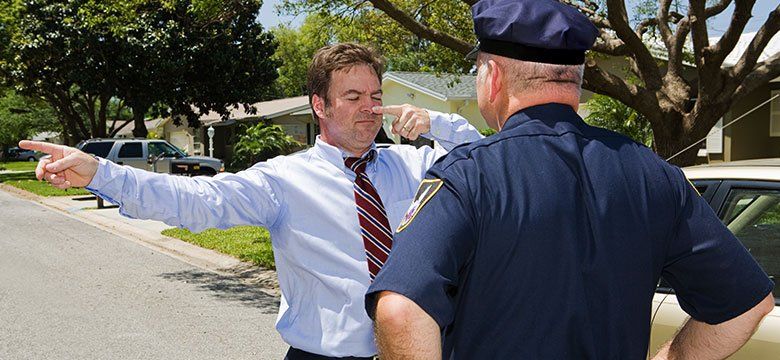
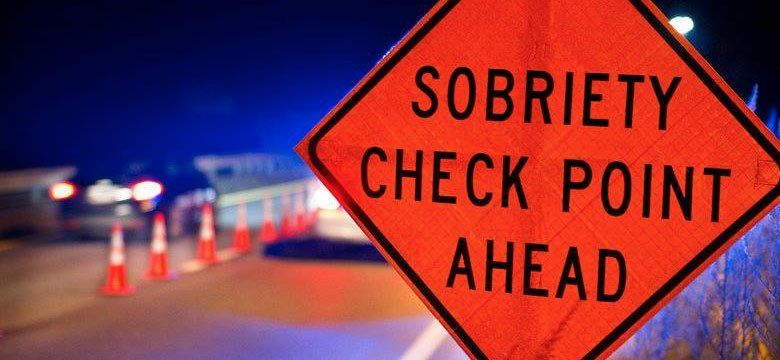
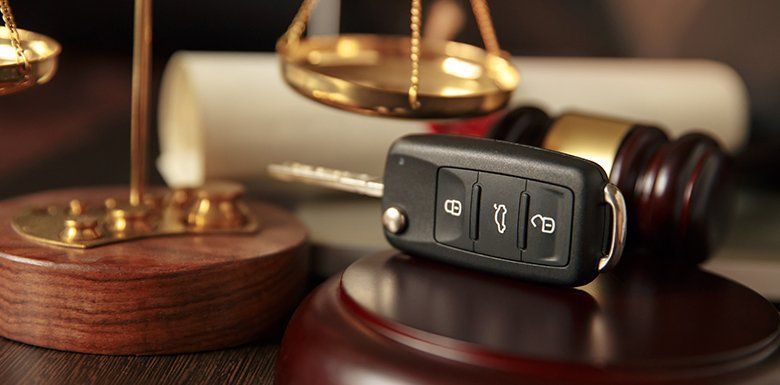
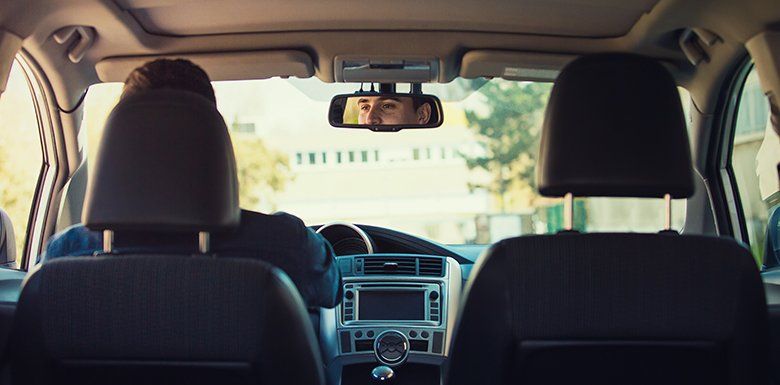
CALL OUR DWI LAWYERS FOR HELP
You never have to face a DWI alone and you shouldn’t. Call DWI Defense Attorney Thom Goolsby at the Goolsby Law Firm, PLLC to discuss your situation and the best way to defend yourself. We will review what happened, your next steps forward, how you can protect your license and the likelihood of getting your DWI dismissed, reduced, or successfully fighting the charges in court.
You can reach out online or call 910-262-7401 to set up a free consultation.
FREE CONSULTATIONS 24/7
CONTACT GOOLSBY LAW FIRM TODAY
Like any quality criminal defense attorney, Thom Goolsby may be in court when you first call, but leave a voice mail or send a text. We’ll get with you as soon as possible, so we can go over what happened, evaluate the case, and explain what comes next.



